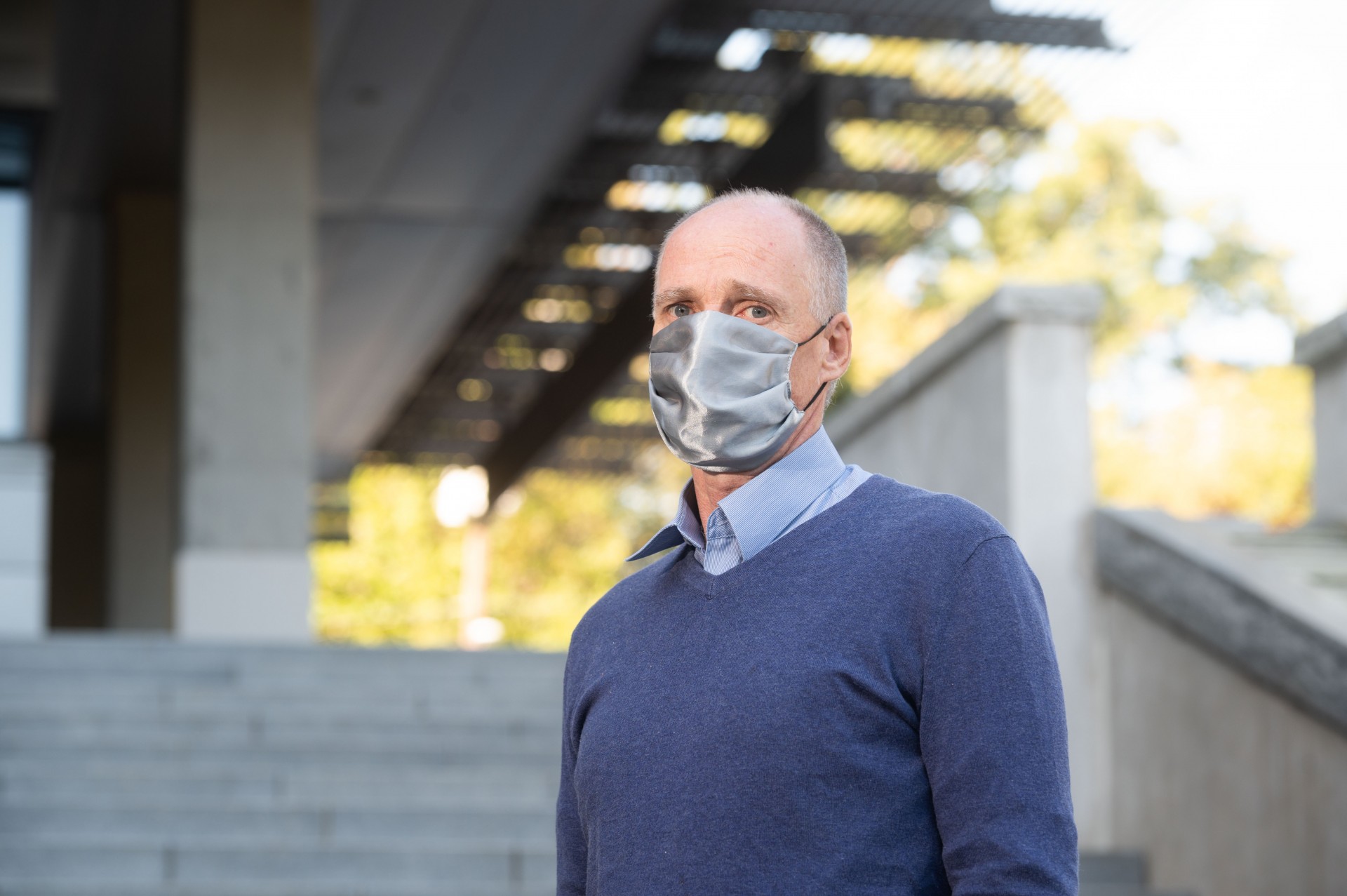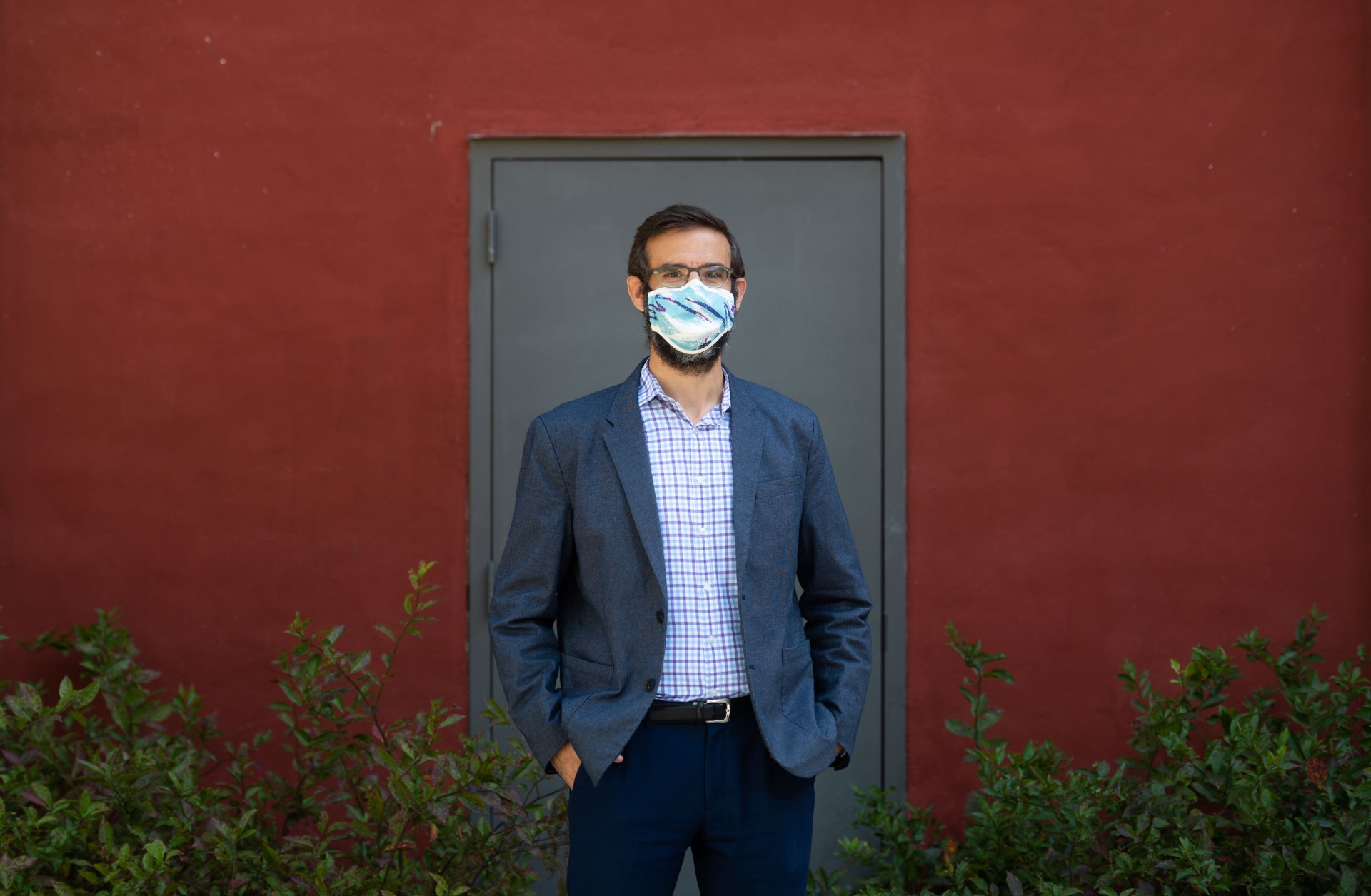This story was originally published on the Georgia Tech News Center website.
When faced with the spread of Covid-19, Georgia Tech’s entire community sprang into action to develop and implement a way to test the campus community. The extensive and ambitious saliva-based surveillance test is conducted entirely on campus. Everything, from packing test kits and self-administering tests to analyzing samples and providing incentives to encourage testing, was developed and executed by faculty, staff, students, and partners. Last month, Georgia Tech surpassed 100,000 cumulative tests, a figure that has helped the Institute identify positive cases and take appropriate action to slow the transmission of the virus.
Here, we introduce you to a handful of the hundreds of people who have been working day in and day out to ensure that the testing program runs smoothly. These dedicated individuals are among the many who took part in developing and scaling the test so that Georgia Tech can collect and test hundreds of samples a day. They are the people who pack the test kits and drive them across campus to the Institute’s on-site testing facility. They are the people who stand by to assist students, faculty, and staff who show up each week at one of several on-campus testing locations. Each of their contributions represents a critical component of Tech’s testing program — one that speaks directly to Georgia Tech’s commitment to solving challenges through innovation around the world and right here at home.
Greg Gibson
Greg Gibson knew testing had to be part of the solution to managing the coronavirus on campus, but he didn’t imagine we would be doing it on the large scale that we are. “Testing on campus seemed to be the obvious thing to do but no one was doing it,” Gibson explains. He credits senior research scientist Anton Bryksin for pushing him to use the technology we already had in place on campus to help combat Covid-19. Gibson says the science came together easily, but the logistics were difficult. He acknowledges individuals like Mike Shannon of GTRI and JulieAnne Williamson, executive director of Sustainability and Building Operations, for scaling up the testing model.
"This could be done anywhere but it was done at Georgia Tech because of the will of everyone here." - Greg Gibson. Professor, School of Biological Sciences and School of Physics. Research led for development of the coronavirus testing program.
Joshua Weitz
Weitz, a professor at Georgia Tech, focuses on epidemics and their behavior. His interest lies in how modeling transmissions, coupled with crowd control and testing, can lead to improved disease mitigation tactics. “A virus may be small, but it can reshape populations and ecosystems on different scales,” Weitz explains. He believes he was able to make a difference on campus and in public health, but maintains, “This is only possible with many people working together with a common purpose.” Now his goal is to take lessons learned at Tech to help others protect themselves and their communities.
"A virus may be small, but it can reshape populations and ecosystems on different scales." - Joshua Weitz. Professor, School of Biological Sciences and School of Physics. Research focused on modeling the spread of viral infectious diseases.
Read the remainder of the story here.
For More Information Contact
Writer: Evan Atkinson
Photography: Allison Carter





